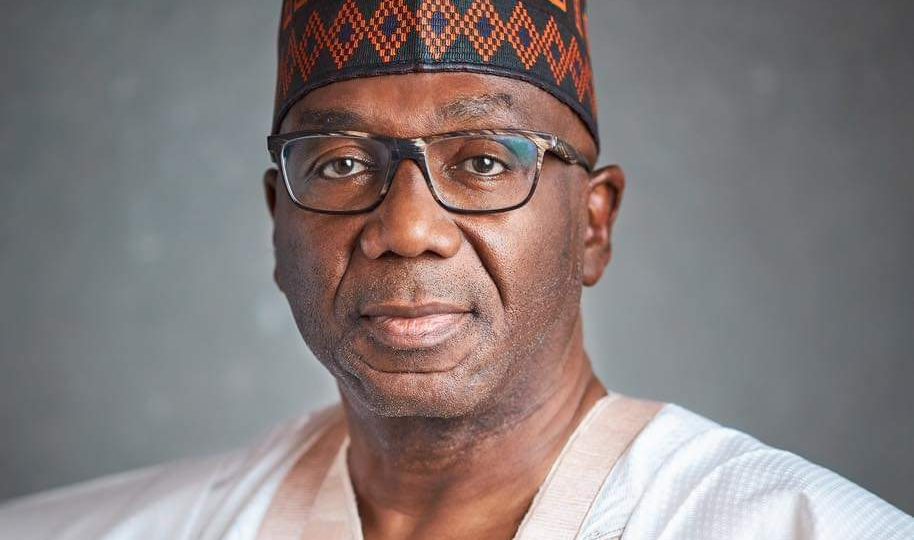Kwara Launches Medical Trust Fund to Support Indigent Patients

Kwara Launches Medical Trust Fund to Support Indigent Patients
By Abiola Adigun
In a bold step to deepen access to healthcare, the Kwara State Hospitals Management Board (KWHMB) has established a Patient Medical Assistance Trust Fund aimed at providing timely financial support for patients who cannot afford essential treatment in state hospitals.
The initiative, announced by the Executive Secretary of KWHMB, Dr. Abdulraheem Malik, is designed to ensure that no patient in Kwara hospitals is denied medical care on account of financial hardship.
According to Malik, the fund will be sustained through contributions from corporate social responsibility programmes of private companies, donations from philanthropists, and well-meaning individuals willing to support indigent patients. The support will cover critical medical interventions such as surgeries, medications, and emergency treatments.
“This Trust Fund is a bridge between medical need and affordability. It reflects our commitment to equity, compassion, and improved access to healthcare for all residents of Kwara State,” Malik said.
The move comes amid growing concerns about out-of-pocket healthcare expenditure in Nigeria, where over 70 percent of citizens reportedly pay for medical care directly. This has left millions vulnerable, especially low-income families, who often delay or forgo treatment due to cost.
Kwara’s intervention aligns with global and national calls for Universal Health Coverage (UHC), which emphasizes that financial constraints should not prevent anyone from accessing quality healthcare. While the Federal Government runs the Basic Health Care Provision Fund (BHCPF) and the National Health Insurance Authority (NHIA), many Nigerians remain outside insurance coverage, especially in rural areas.
By introducing the Medical Assistance Trust Fund, Kwara joins a growing list of states adopting innovative financing models to reduce healthcare inequality. Experts say such initiatives, if properly managed and transparently funded, can significantly cut preventable deaths and improve public health outcomes.
Health rights advocates have already welcomed the development, describing it as “a life-saving safety net” that could be scaled up with stronger partnerships between government, the private sector, and civil society.








